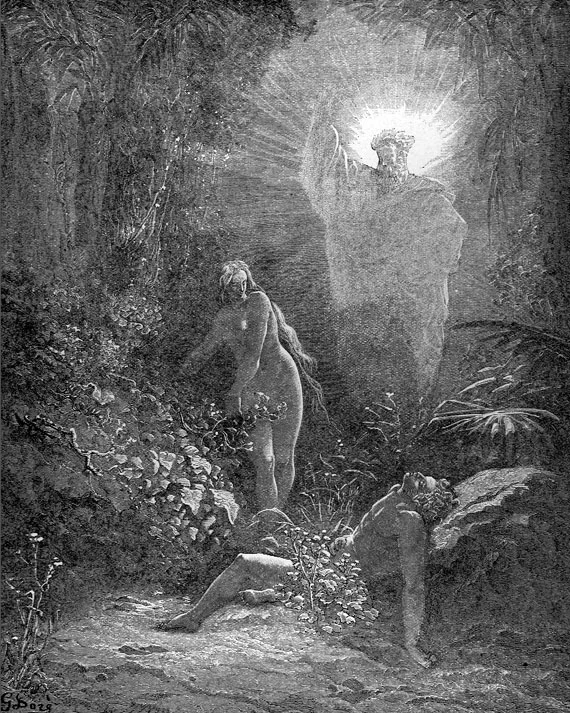The Position of Prayer
/These passages of Scripture take place during Jesus’s Sermon on the Mount. He stands on a mountain, and begins to teach people the truths of his gospel, explaining the Beatitudes, how to be salt and light in a dark world, fulfilling the law, dealing with anger, fighting against lust, resisting divorce, loving your enemies, and giving to the needy. Jesus covers some very difficult and relevant topics that hit the issues of that time period, and even today. He already knows what we struggle with, and what we WILL struggle with. Pride is one of these things. Jesus refers to the discipline of prayer, and how Christians are to approach prayer. In this section of Scripture, Jesus models and teaches how we are to pray, and calls it “The Lord’s Prayer.” He teaches against approaching prayer in a prideful way, as the hypocrites and Gentiles do, but rather approaching prayer in a humble and desperate way.
Read More









